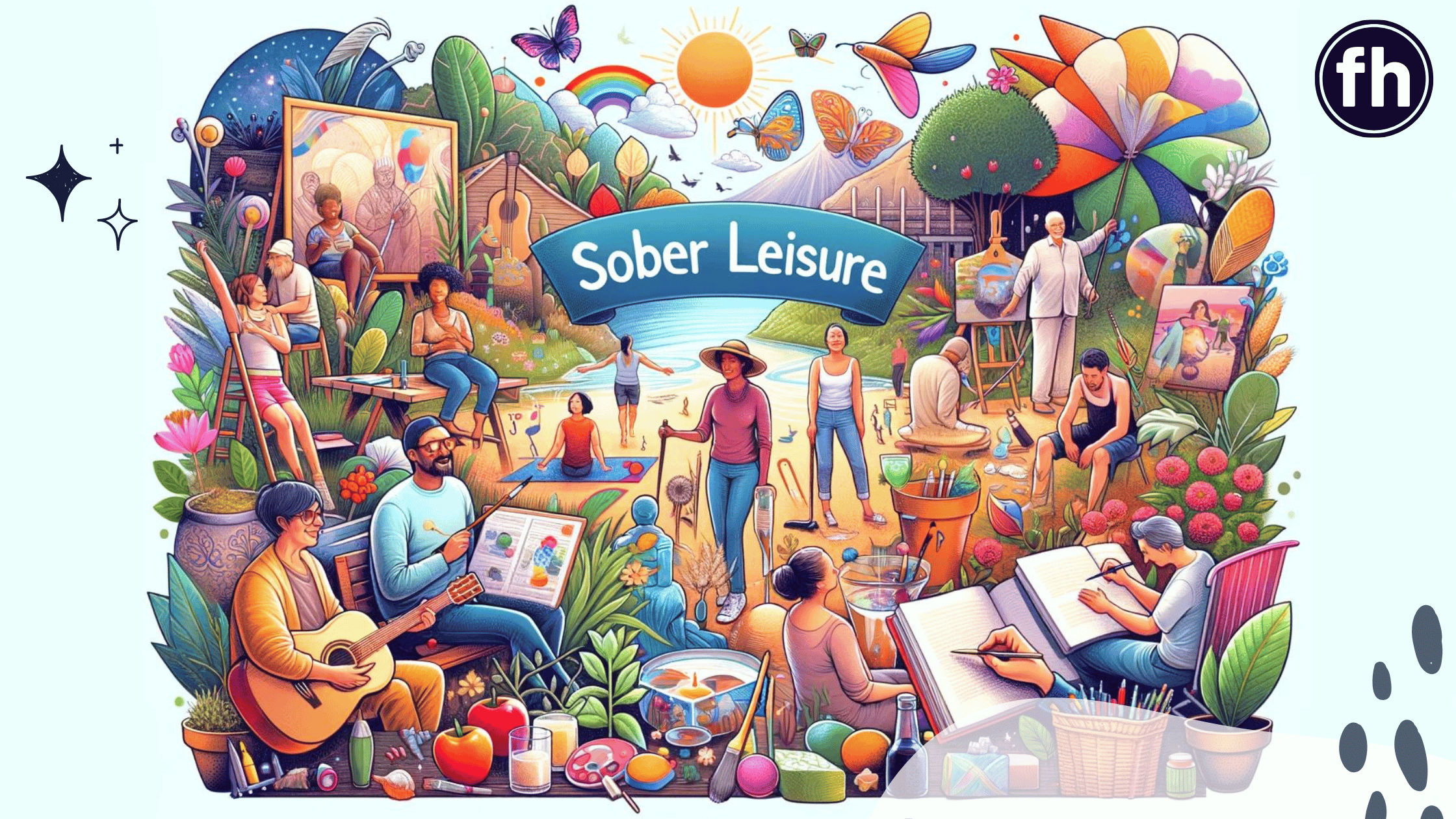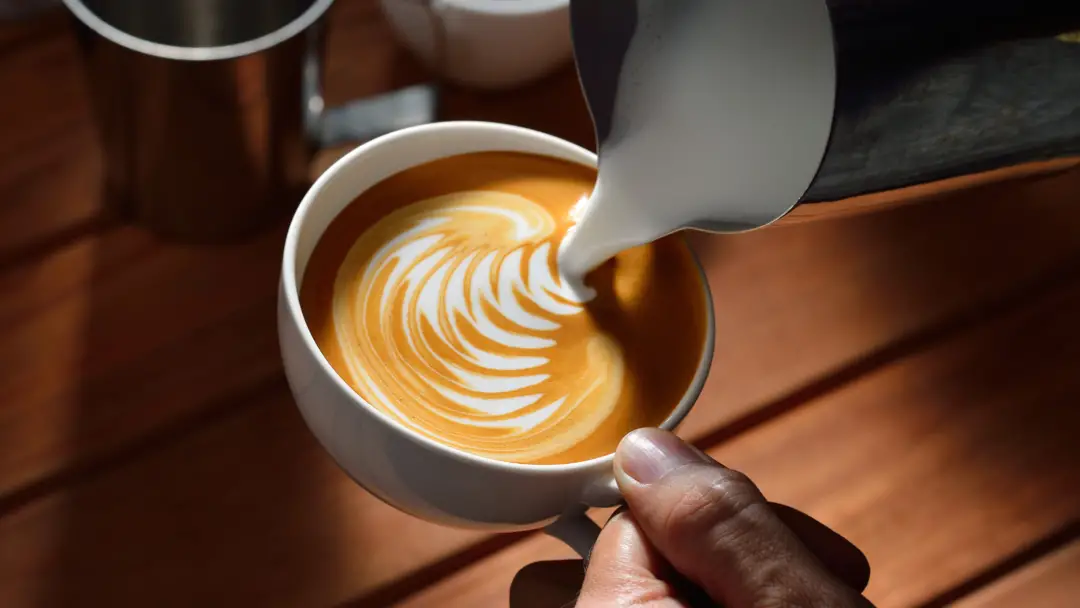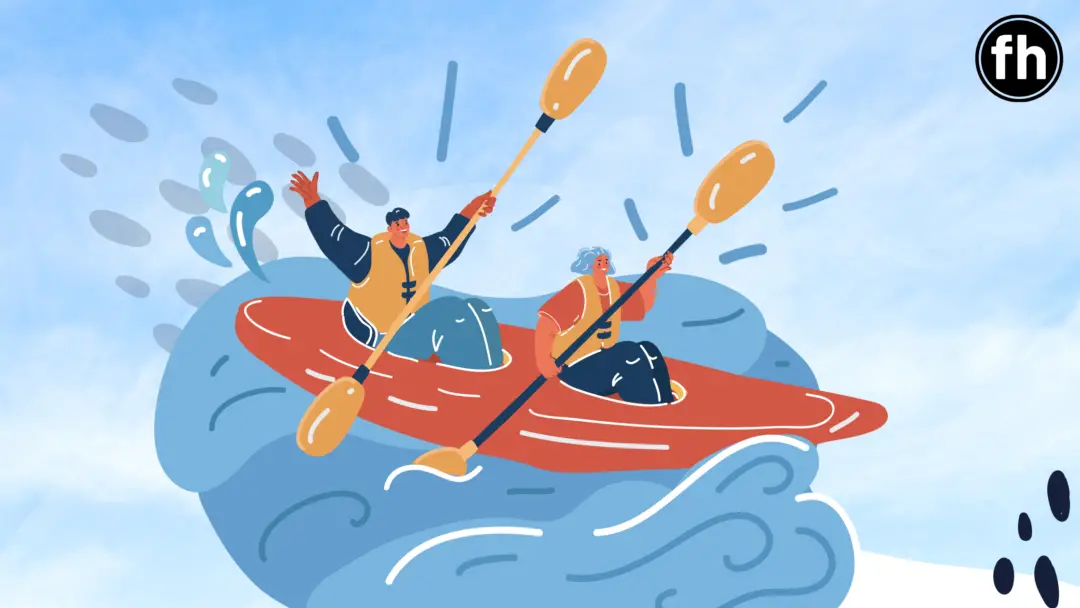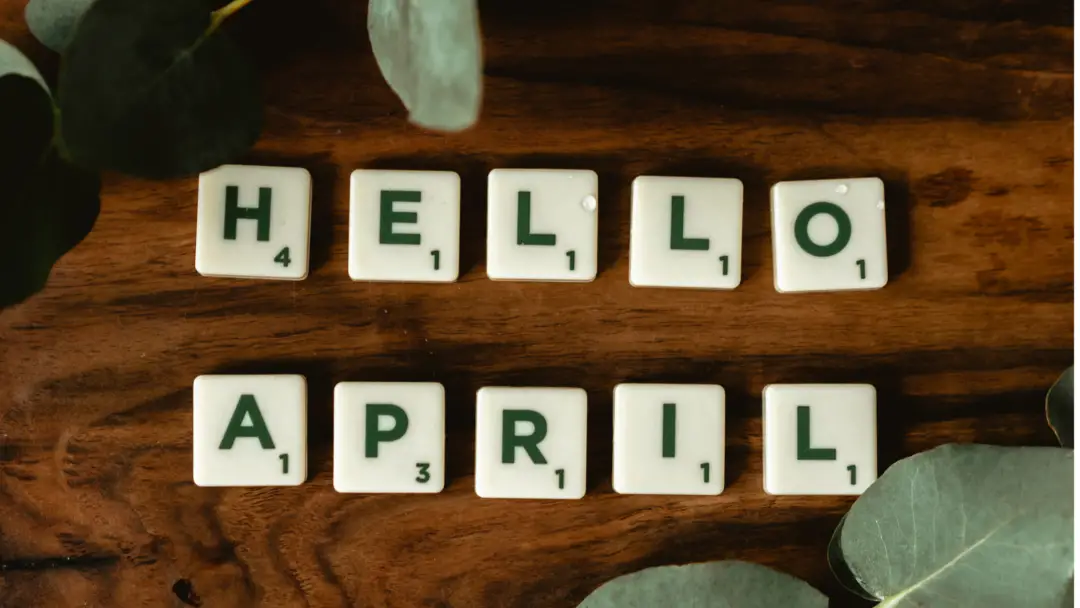In the journey of recovery, finding activities that fill your time with joy, purpose, and fulfillment is essential.
Sober leisure – engaging in hobbies without the influence of substances – can be a cornerstone of a healthy, balanced life during and after recovery.
This article explores the transformative power of hobbies in recovery, offering recommendations and highlighting their specific benefits. Whether you’re on this journey yourself or supporting someone who is, understanding the role of sober leisure can be a game-changer.
Understanding the Role of Hobbies in Recovery

The initial phase of recovery often brings with it a multitude of challenges, including the daunting task of filling time once consumed by substance use.
This is where the transformative power of hobbies comes into play, offering not just a means to pass time but a pathway to healing and personal growth. Hobbies, or sober leisure activities, are crucial in the recovery process for several reasons.
Stress Reduction and Emotional Regulation
Hobbies act as natural stress relievers, providing a healthy outlet for channeling energy and emotions.
Engaging in activities one enjoys can significantly lower stress and anxiety levels, offering a sense of calm and relaxation. This emotional regulation is key in recovery, where managing stress without resorting to substance use is a vital skill.
Boosting Self-Esteem and Confidence
The journey of learning and mastering new skills inherent in hobbies can be incredibly rewarding.
Each small achievement, be it mastering a chord on the guitar or completing a painting, contributes to a growing sense of self-worth and confidence. This boost in self-esteem is essential for individuals in recovery, who often struggle with feelings of guilt and low self-esteem.

Physical Health and Well-Being
Many hobbies encourage physical activity, whether directly through sports and exercise or indirectly through activities like gardening or bird-watching.
Regular physical activity improves overall health, which can be particularly beneficial for those in recovery, helping to repair the physical damage caused by substance abuse and improving mental health through the release of endorphins.
Fostering Social Connections
Isolation can be a significant issue for individuals in recovery. Hobbies can provide valuable opportunities to connect with others, whether through shared interests in community groups, classes, or online forums.
These connections can offer support, reduce feelings of loneliness, and help build a new, positive social network.
Offering a Sense of Purpose and Direction
Finally, hobbies can give individuals in recovery something to look forward to, a reason to get up in the morning.
They offer a sense of purpose and direction, filling the void left by substance use with meaningful, fulfilling activities. This sense of purpose can be a powerful motivator in the recovery process, helping individuals to focus on their goals and the future.
In summary, the role of hobbies in recovery cannot be overstated. They offer a multifaceted approach to healing, addressing physical, emotional, and social needs. As we explore further, we will delve into specific hobbies recommended for individuals in recovery and the unique benefits each brings to the recovery journey.
Navigating the Spectrum of Hobbies for Recovery

As we delve deeper into the world of sober leisure, it becomes evident that the spectrum of hobbies suitable for individuals in recovery is vast and varied.
These activities are not just pastimes but lifelines that offer unique benefits tailored to the needs of those on the path to sobriety. Let’s explore a curated selection of hobbies that are particularly beneficial for recovery, emphasizing their specific advantages and how they cater to different aspects of healing and personal growth.
Creative Arts: A Pathway to Self-Expression
Creative arts, including painting, drawing, sculpting, and digital art, stand out as powerful tools for self-expression and emotional exploration.
Engaging in the arts allows individuals to process and express feelings in a non-verbal way, facilitating a form of therapy that can unearth and address deep-seated emotions and traumas.
The act of creating something from scratch also brings a sense of accomplishment and pride, bolstering self-esteem and providing a tangible representation of personal progress.

Check out our Huge List of Creative Hobbies to explore something new and start an exciting hobby to express yourself.
Writing: The Power of Words in Healing
Writing, whether through journaling, poetry, or storytelling, is another invaluable hobby for those in recovery. It offers a private, introspective space to explore thoughts and feelings, promoting mindfulness and reflection.
Writing can help in articulating experiences and emotions that might be difficult to express verbally, providing clarity and insight into one’s mental and emotional state. Furthermore, sharing these writings in supportive groups can foster connections and empathy, breaking down feelings of isolation.
Physical Exercise: Strengthening Body and Mind
Physical exercise, encompassing activities from yoga and hiking to team sports and martial arts, plays a crucial role in recovery by enhancing both physical and mental health.
Regular physical activity not only improves strength, stamina, and overall health but also acts as a natural antidepressant, releasing endorphins that boost mood and reduce stress.
The discipline and focus required in physical exercise can also mirror the commitment needed in the recovery journey, reinforcing habits of perseverance and resilience.
Check out our full post of physical fitness hobby ideas to start something new and stay active!
Nature and Outdoor Activities: Reconnecting with the World
The healing power of nature is well-documented, making outdoor activities like gardening, bird-watching, and nature photography particularly beneficial for those in recovery.
These hobbies encourage mindfulness and present-mindedness, helping individuals to reconnect with the world in a positive, healthful way.
The nurturing aspect of gardening, the patience in birdwatching, and the creative eye needed for photography all contribute to a deeper sense of connection and belonging to the natural world, promoting mental health and well-being.

Check out our full post of Outdoor Hobbies for more great hobby ideas to spend time in the great outdoors.
Skill Acquisition: Growth and Mastery
Learning new skills, whether related to cooking, woodworking, coding, or playing a musical instrument, provides a structured pathway for growth and self-improvement.
The process of learning and mastering a new skill is inherently rewarding, offering continuous goals that keep individuals engaged and motivated.
This not only distracts from cravings or triggers but also builds a sense of competence and achievement, key components in rebuilding a positive self-image and identity in recovery.
Check out our list of the best online platforms to learn new skills and hobbies in your free time.
Volunteering: Giving Back and Building Connections
Volunteering offers a unique opportunity to give back to the community while gaining a sense of purpose and connection.
Whether it’s helping at a local shelter, participating in environmental cleanup, or mentoring others in recovery, volunteering fosters a sense of belonging and self-worth.
It provides perspective, helping individuals see beyond their own struggles as they contribute to the well-being of others, reinforcing the values of empathy, gratitude, and solidarity.
Each of these hobbies addresses different facets of the recovery process, from providing emotional outlets and physical benefits to fostering social connections and a sense of purpose.
The key is for individuals to explore these options and find activities that resonate with their personal interests and recovery goals, thus creating a personalized recovery path enriched with meaningful, fulfilling pursuits.
Crafting a Personalized Hobby Plan for Recovery

Creating a personalized hobby plan is a pivotal step in harnessing the full potential of sober leisure activities for recovery.
This process involves thoughtful consideration of one’s interests, goals, and the unique challenges of recovery. A well-crafted plan not only ensures a balanced approach to integrating hobbies but also sets the stage for sustained engagement and growth.
Let’s explore the steps involved in developing a hobby plan that aligns with the journey towards sobriety.
Self-Assessment and Exploration
The foundation of a personalized hobby plan begins with a self-assessment to identify interests, passions, and potential barriers to participation.
This introspective process involves reflecting on past hobbies and considering new activities that might spark joy or offer a sense of fulfillment.
It’s also essential to acknowledge any limitations, such as physical constraints or triggers associated with certain environments, to ensure the chosen hobbies support recovery.
Setting Realistic Goals
Once interests are identified, setting realistic, achievable goals for each hobby is crucial. Goals should be specific, measurable, attainable, relevant, and time-bound (SMART).
For instance, if learning to play the guitar is a chosen hobby, a realistic goal might be to practice for 30 minutes a day, three times a week, and learn a new song each month. These goals provide structure and a sense of direction, making the hobby more engaging and rewarding.
Balancing Variety and Commitment
A balanced hobby plan includes a mix of activities that cater to different aspects of well-being—physical, emotional, social, and intellectual.
Incorporating a variety ensures that the plan remains interesting and stimulating, reducing the likelihood of boredom or disengagement.
However, it’s equally important to commit to each hobby, allowing sufficient time to explore and enjoy the benefits fully. Overcommitting or constantly switching between hobbies can be counterproductive, leading to frustration and burnout.
Integrating Social Hobbies
Incorporating social hobbies or group activities into the plan can significantly enhance the recovery experience. Social hobbies provide opportunities to build supportive relationships, share experiences, and learn from others.
Whether it’s joining a local sports team, participating in a community art class, or attending workshops and events related to a hobby, these interactions can reinforce a sense of community and belonging.

Monitoring Progress and Adjusting the Plan
Finally, regularly monitoring progress and reflecting on the enjoyment and benefits derived from each hobby is essential. This ongoing evaluation allows for adjustments to the plan, ensuring it remains aligned with personal growth and recovery goals.
If a hobby no longer feels enjoyable or fulfilling, it may be time to explore new activities. Conversely, if a particular hobby becomes a passion, dedicating more time and resources to it can lead to even greater rewards.
In conclusion, crafting a personalized hobby plan is a dynamic and reflective process that plays a crucial role in recovery.
By carefully selecting activities, setting goals, and remaining open to adjustments, individuals can create a fulfilling and balanced lifestyle that supports their journey towards sobriety.
Hobbies become more than just pastimes; they transform into vital components of healing, offering joy, purpose, and a renewed sense of self.
Embracing the Journey: The Long-term Benefits of Hobbies in Recovery

As individuals progress in their recovery journey, the role of hobbies evolves from mere distractions or ways to fill time into integral components of a fulfilling, sober lifestyle.
This evolution reflects a deeper understanding and appreciation of the long-term benefits that hobbies offer, benefits that extend far beyond the initial stages of recovery.
Let’s delve into how embracing hobbies as a lifelong commitment can enrich one’s life in recovery, fostering lasting happiness, resilience, and personal growth.
Sustaining Mental Health and Emotional Well-being
Over time, the therapeutic aspects of hobbies become evident, serving as reliable outlets for stress, anxiety, and negative emotions.
Activities such as creative arts, writing, and physical exercise continue to provide valuable tools for emotional expression and management.
The practice of turning to a hobby instead of unhealthy coping mechanisms reinforces positive habits, contributing to sustained mental health and emotional stability.
Building a Resilient Identity Beyond Recovery
Engaging in hobbies helps in forging an identity that transcends the label of being in recovery.
As individuals invest time and energy into their interests, they develop a sense of self rooted in their passions and achievements. This identity is not defined by past struggles but by the skills they’ve mastered, the community they’ve built, and the contributions they’ve made through their hobbies.
This shift is crucial for long-term recovery, as it anchors one’s sense of self in positive, constructive pursuits.

Fostering Connections and Community
The social benefits of hobbies often lead to deep, meaningful connections that support long-term recovery.
Whether through shared interests in specific activities or volunteering, these connections form a vital support network. Over time, individuals may also transition from seeking support to providing it, sharing their experiences and insights with others in recovery.
This sense of community not only reinforces the individual’s commitment to sobriety but also enriches their life with a sense of belonging and purpose.
Encouraging Lifelong Learning and Personal Development
Hobbies encourage a mindset of continuous learning and curiosity. The pursuit of new skills, knowledge, and experiences keeps the mind active and engaged, promoting cognitive health and personal growth.
This commitment to personal development can lead to unanticipated opportunities—career changes, educational pursuits, or new social ventures—that further enhance one’s quality of life and sense of fulfillment.
Cultivating Joy and Satisfaction in Sobriety
Ultimately, the integration of hobbies into one’s life fosters a genuine joy and satisfaction that is essential for sustained recovery.
The pleasures derived from hobbies—whether from the beauty of a well-tended garden, the thrill of a challenging hike, or the camaraderie of a team sport—offer compelling reasons to maintain sobriety. These experiences underscore the richness of a life lived fully and passionately, without the need for substances.
Resources and Support for Integrating Hobbies into Recovery

The journey of integrating hobbies into the recovery process is both personal and communal, requiring inspiration, guidance, and support.
As individuals embark on this path, they may wonder where to start, how to find resources, and ways to connect with others who share similar interests.
This section aims to shed light on the diverse resources and support systems available, offering a roadmap to enrich one’s recovery journey through hobbies.
Discovering Local and Online Communities
One of the first steps in exploring hobbies is to connect with both local and online communities.
Local community centers, libraries, and recreational facilities often offer classes, workshops, and groups centered around various hobbies, from art and music to sports and gardening.
These spaces not only provide the necessary resources and instruction but also a sense of community and belonging.
Online platforms offer a wealth of information and connection opportunities. Social media groups, forums, and websites dedicated to specific hobbies can provide tips, inspiration, and support from individuals worldwide.
Online communities also offer the flexibility to engage according to one’s schedule, making it easier to integrate hobbies into daily life.
Utilizing Recovery-Specific Programs
Several programs specifically cater to individuals in recovery, recognizing the therapeutic and rehabilitative power of hobbies. These programs might be found through rehabilitation centers, sober living communities, and recovery organizations.
They often incorporate hobbies as a core component of their approach, offering structured activities that are mindful of the challenges and triggers associated with recovery.
Engaging with Volunteer Opportunities
Volunteering can be a powerful way to explore hobbies while giving back to the community.
Many non-profit organizations and community projects welcome volunteers with various interests and skill levels.
These opportunities can not only help individuals discover new passions but also foster a sense of achievement and purpose essential for recovery.
Accessing Educational Resources and Workshops
For those looking to learn new skills or deepen their knowledge in a specific area, educational resources such as online courses, local workshops, and hobby-specific classes can be invaluable.
Many educational platforms offer free or low-cost options, making learning accessible to everyone.
Additionally, workshops and classes provide hands-on experience and direct interaction with instructors and peers, enhancing the learning process.
Seeking Guidance from Mentors and Support Groups
Mentors who have successfully integrated hobbies into their recovery can offer invaluable guidance, encouragement, and support.
Support groups, whether focused on recovery or specific hobbies, provide a space to share experiences, challenges, and successes. These relationships can be incredibly motivating, offering practical advice and emotional support.
Exploring Financial Assistance and Scholarships
For individuals concerned about the cost associated with pursuing certain hobbies, financial assistance and scholarships may be available.
Some community organizations, educational institutions, and hobby-specific associations offer financial support to those looking to explore new interests, especially when it contributes to their recovery and well-being.
Additional Resources, Phone Numbers, and Support Groups for People in Recovery

For those in recovery seeking additional support, resources, and community connections, numerous organizations and helplines are dedicated to providing assistance, guidance, and a listening ear.
Below is a list of resources, including phone numbers and support groups, that can be invaluable on your journey. While the specific services offered may vary, these resources share a common goal: to support individuals in recovery in finding help, hope, and a path forward.
1. Substance Abuse and Mental Health Services Administration (SAMHSA)
- Helpline: 1-800-662-HELP (4357)
- Website: samhsa.gov
- SAMHSA’s National Helpline provides confidential, free, 24/7, 365-day-a-year treatment referral and information service (in English and Spanish) for individuals and families facing mental and/or substance use disorders.
2. Alcoholics Anonymous (AA)
- Contact Information: Local AA chapters can be found via their website.
- Website: aa.org
- AA offers a community-led, peer-support approach to recovery from alcoholism, with meetings available in most communities around the world.
3. Narcotics Anonymous (NA)
- Contact Information: Local NA chapters can be found via their website.
- Website: na.org
- NA provides support for those recovering from drug addiction, offering a community-based, peer-led environment to share experiences and support each other in recovery.
4. SMART Recovery
- Contact Information: Check their website for local meeting information and online resources.
- Website: smartrecovery.org
- SMART Recovery offers a secular, science-based approach to recovery, supporting individuals through meetings, online forums, and educational materials.
5. National Alliance on Mental Illness (NAMI)
- Helpline: 1-800-950-NAMI (6264)
- Website: nami.org
- NAMI provides advocacy, education, support, and public awareness so that all individuals and families affected by mental illness can build better lives.
6. Mental Health America (MHA)
- Website: mhanational.org
- MHA focuses on raising awareness and providing support for mental health issues, offering resources for finding treatment, support groups, and educational materials.
7. Recovery.org
- Contact Information: Check their website for resources and support group information.
- Website: recovery.org
- A comprehensive resource for finding support groups, rehab facilities, and information on various forms of addiction and recovery strategies.
8. Local Community Centers and Hospitals
- Many community centers and hospitals offer support groups, workshops, and resources for individuals in recovery. Contacting local institutions can provide information on available resources in your area.
Remember, reaching out for help is a sign of strength, and numerous people are ready and willing to support you on your journey. Whether you’re looking for community, advice, or just someone to listen, these resources can provide a crucial lifeline in times of need.






